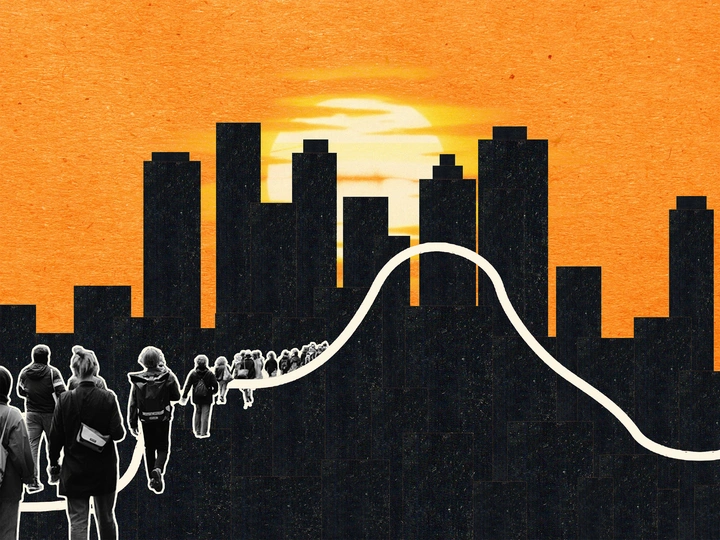HEAT dérive: embodied practices on climate justice

Jan-Timo Ort
Aaron Schirrmann
Marta Toscano
Studio Malta is a planning practice, active in the fields of urban planning, architecture, design, and research, led by Marta Toscano, Aida Nejad, Jan-Timo Ort, and Aaron Schirrmann.
With a focus on public welfare-oriented and co-productive urban development, we aim to empower marginalized voices within spatial transformation processes and implement socio-ecological potentials that emerge from informal urbanism into formal planning frameworks and strategies.
We bring extensive experience in collaborative, co-creative, and performative methods for dialogue, knowledge transfer, and planning, which we apply to a broad range of activities - from scientific and artistic research to the design and implementation of architectural and urban development projects, as well as the realization of experimental interventions.
Within our projects, we regularly form productive collaborations with professionals from multiple disciplines, including the social sciences, the arts, and beyond, and initiate alliances with public administrations, intermediaries, and foundations.
All Studio Malta members have a professional background in both formal and informal education and are committed to improving accessibility to spatial transformation topics for a non-expert audience.
Within the IBA’27 Stuttgart City Region, Studio Malta contributed to the development of the projects "Quartier C1 Wagenhalle" and "Neue Mitte Leonhardsvorstadt".
Our project "Container City – Interim Quarters for the Kunstverein Wagenhalle e.V." was honored with a commendation for its experimental and participatory approach at the 2018 German Urban Development Award and the Italian RI.U.SO 06 Award for Sustainable Urban Development. Our work was recently exhibited at the Architekturgalerie am Weißenhof (Stuttgart), the Werkbund (Berlin) and the Württembergischer Kunstverein (Stuttgart).
HEAT dérive is an explorative artistic research project that investigates the concept of HEAT not merely as a physical phenomenon, but as a deeply social, spatial, and affective condition, shaped by personal background, social status and access to services. Through a mix of embodied, ethnographic, and participatory practices in Urban Heat Islands, the project seeks out signs and testimonies of structural inequalities in urban design, shifting relations between human and non-human bodies, and the emergence of localized strategies for adaptation and resistance. We propose three steps toward a collective knowledge archive for new ecological care.
"HEAT" becomes a subjective perspective that challenges technocratic, data-based knowledge about urban heat. It shifts the focus to how climate change is perceived and addressed within communities, urban commons, and in decision-making arenas. - research phase
"dérive" is a spatial, explorative search for material and symbolic traces of this redefined understanding of HEAT, investigating how it affects relationships between bodies, environments, and urban systems across formal and informal infrastructures and public spaces. The project emphasizes the uneven, affective, and political dimensions of these interactions. Starting from places already experiencing prolonged, climate-driven heat stress, it may expand to cities expected to face similar conditions in the future, speculating on how to adapt existing practices. - explorative phase
"practices" is a collective archive that identifies, makes visible, and improves access to existing distributed knowledge, methods, and speculations related to adaptation and resilience in the face of HEAT. The goal is to inspire planetary care actions grounded in local ecologies and to generate future scenarios informed by current lived experiences. - publishing / exhibiting phase